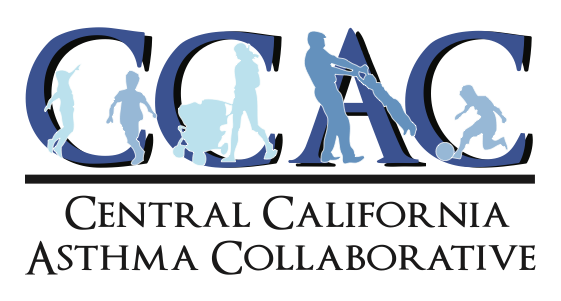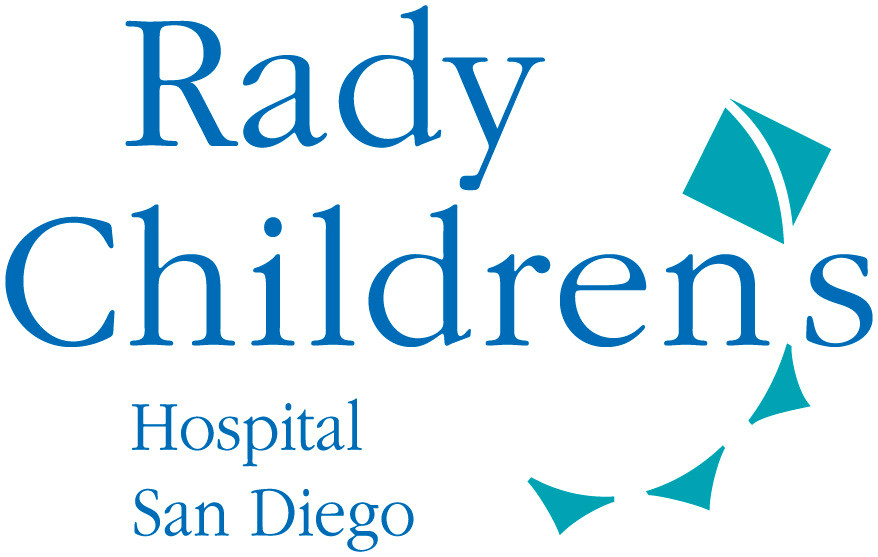Central California Asthma Collaborative

Central California Asthma Collaborative’s (CCAC) Asthma Impact Model (AIM) Program is aimed at improving the lives of low-income, predominately Hispanic and African American Medi-Cal and uninsured patients suffering from asthma by reducing in-home environmental triggers, ensuring access to and proper use of asthma medications, and facilitating regular visits to health care providers. Asthma prevalence across the eight counties of the San Joaquin Valley served by CCAC reach as high as 20 percent in school-age children. The Valley’s aging housing stock and high rents are significant contributors to home environmental asthma triggers. These factors, combined with outdoor air quality that is the poorest in the nation, create a “perfect storm” for high rates of poorly controlled asthma. CCAC was established as a 501.c(3) in 2011 to develop an in-home asthma program for children residing in low-income and communities of color. Over time, CCAC has partnered with health plans to receive direct patient referrals for high-risk asthmatic patients with high health care utilization. In response to COVID-19, CCAC has adapted the AIM Program to a virtual-visit model to continue to provide participants with personalized asthma education and home remediation services. As a result of CCAC’s work, asthma-related hospitalizations decreased by 70 percent, asthma-related emergency department usage decreased by 81 percent, and asthma-related outpatient visits decreased by 53 percent. Medi-Cal claims data were used to measure net savings from reduced health care utilization. The estimated per-member savings for the participant group during the 24 months after the intervention began is $3,056. Per the cost-benefit analysis, investment in the in-home asthma management generated $3.63 in value for every $1 invested.
